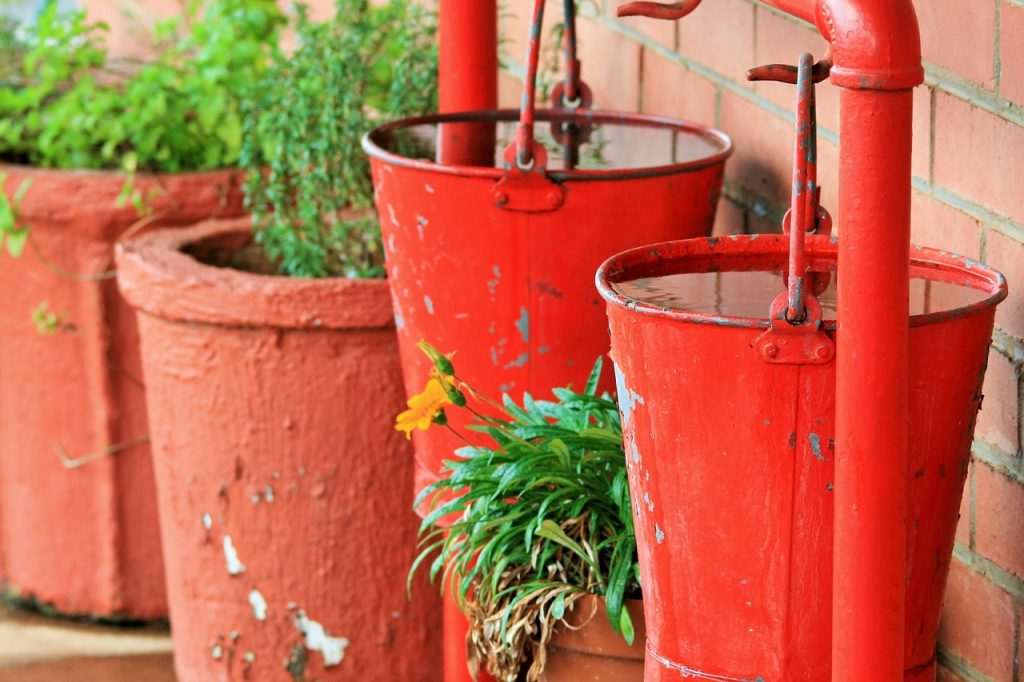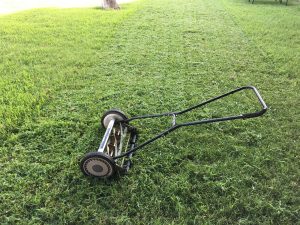
Now that we’re well into spring, you homeowners are probably into the full swing of caring for your lawn. Maintaining your landscaping can sometimes seem like a huge chore as well as a great way to increase your water bill.
Luckily, there are a few tactics you can use to reduce your lawn budget and your impact on the environment.
1) Use recyclable materials when you can. Recyclable materials give objects new leases on life but also reduce your overall landscaping bill. Ask businesses for any old materials, such as broken concrete, old plastic containers, or wood pallets (make sure they’re free of chemical treatment). You can also ask neighbors for any old planters they aren’t using.
2) Install permeable hardscapes. Permeable walkways and patios help water get back into the ground faster and also reduce the number of natural runoff channels that form in your yard after a heavy rainfall. Using permeable pavers will also encourage more green growth between the pavers.
3) Use nature to your advantage. Plant deciduous trees on the south side of your house. They will provide shade in the summer and let the sun in during the winter, reducing your energy bills. Also consider planting ground coverings, grasses, and flowers native to your area, particularly if you live in a drought area. Drought-resistant plants help reduce your overall water bill.
4) Collect water for free. During the wet season for your area, install a rain collection barrel and use the collected water to care for your lawn. You also don’t need to water your plants as often as you think. Letting your plants go dormant from lack of water strengthens them. When you do water, let the water soak in deep to encourage deep root growth.
5) Reduce the number of pesticides and fertilizers you use. The chemicals found in these items are harmful to the environment, particularly if they get into the ground water and rivers, which they ultimately do. Depending on the types of pests native to your area, you can find a natural & homemade repellant. Fertilizers are most beneficial to lawns in the spring and fall, so try to limit your use to those two seasons.
6) Compost kitchen scraps. Composting at home is a delayed gratification, but if you have space, set up a place to collect vegetable scraps, egg shells, coffee grounds, and grass clippings to turn into compost.
7) Cut your grass less frequently. Cutting less often reduces your  carbon emissions if you use a gas-powered mower. Also, consider leaving the grass clippings on your lawn to fertilize your lawn instead of bagging the clippings.
carbon emissions if you use a gas-powered mower. Also, consider leaving the grass clippings on your lawn to fertilize your lawn instead of bagging the clippings.
How many tips do you think you can use? We’d love to hear your comments below!
